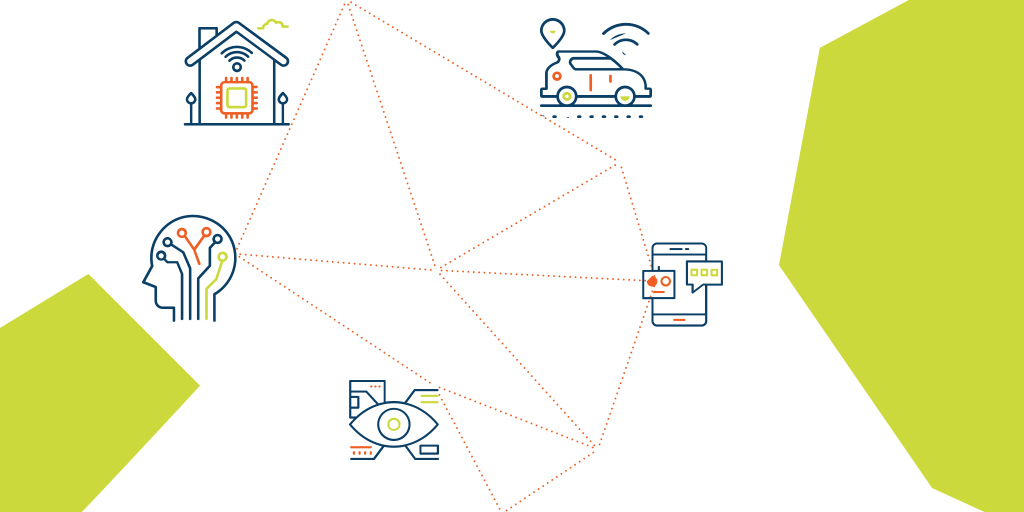EU proposal for artificial intelligence law is weak on consumer protection
About this publication
PRESS RELEASE - 21.04.2021
The European Commission unveiled today its proposal for a law on artificial intelligence (AI). The proposal falls short of consumer groups’ expectations and of the EU’s own objective of enabling AI that people can trust. The proposed rules are focused on a very limited range of AI uses and issues. They do not adequately protect consumers, for example from possible economic harm caused by AI products and services. Getting this legislation right is essential so that AI benefits both the individual and society as a whole1. The European Parliament and Member States must improve the proposal to ensure this goal can be met.
- The focus of today’s proposal is narrowly defined for ‘high-risk’ AI applications. This leaves out many uses of AI which affect consumers in their everyday lives, such as smart thermostats or risk assessment for health insurance.
- The European Commission wishes to prohibit the use of certain AI practices, namely those used to distort a person’s behaviour. Here, however, it only considers the risk of ‘physical and psychological harm’ thus omitting other possible harms or detriment caused to consumers, such as monetary loss or economic discrimination.
- The proposal neither includes specific consumer rights – such as a right to contest an algorithmic decision and obtain human oversight – in terms of AI products and services, nor remedies in case something goes wrong. The future law must include an effective complaints procedure and remedies including collective redress actions.
- There is a significant reliance on industry self-assessing that it complies with the rules. This is not an adequate approach in the context of complex assessments related to high-risk uses of AI technology, which must also take into account how the technology impacts on people’s rights and freedoms.
 Monique Goyens, BEUC Director General, commented:
Monique Goyens, BEUC Director General, commented:
“Artificial intelligence technology already appears in the form of virtual assistants, self-driving car features and customer service chat bots. AI can benefit people’s daily lives but it also comes with risks. Today’s proposal misses the mark when it comes to protecting consumers. It is paramount this proposal gets improved, so consumer protection stays apace with technological advances.
“The European Commission should have put more focus on helping consumers trust AI in their daily lives. For example, the use of artificial intelligence and automated decision-making must not lead to discrimination or constrain consumers’ autonomy and choice. Let’s say AI is used to decide how much a person pays for insurance. This should be subject to strict regulatory oversight. And, at the very least, the person should be able to know how a decision is taken and have the possibility to contest it.
“People should be able to trust any product or service powered by artificial intelligence, be it ‘high-risk’, ‘medium-risk’ or ‘low-risk’. The EU must do more to ensure consumers have enforceable rights, as well as access to redress and remedies in case something goes wrong.”
1 A recent survey by the BEUC network shows that consumers see the potential to make predictions about traffic accidents (91%), their health (87%) or financial problems (81%). At the same time, consumers also have serious concerns about the use of AI. The majority of survey respondents agreed that companies use AI to manipulate consumer decisions. More than two thirds of respondents said that users should have the right to say ‘no’ to automated decision-making.
More information
- BEUC’s view on artificial intelligence, and its application in healthcare and insurance.
